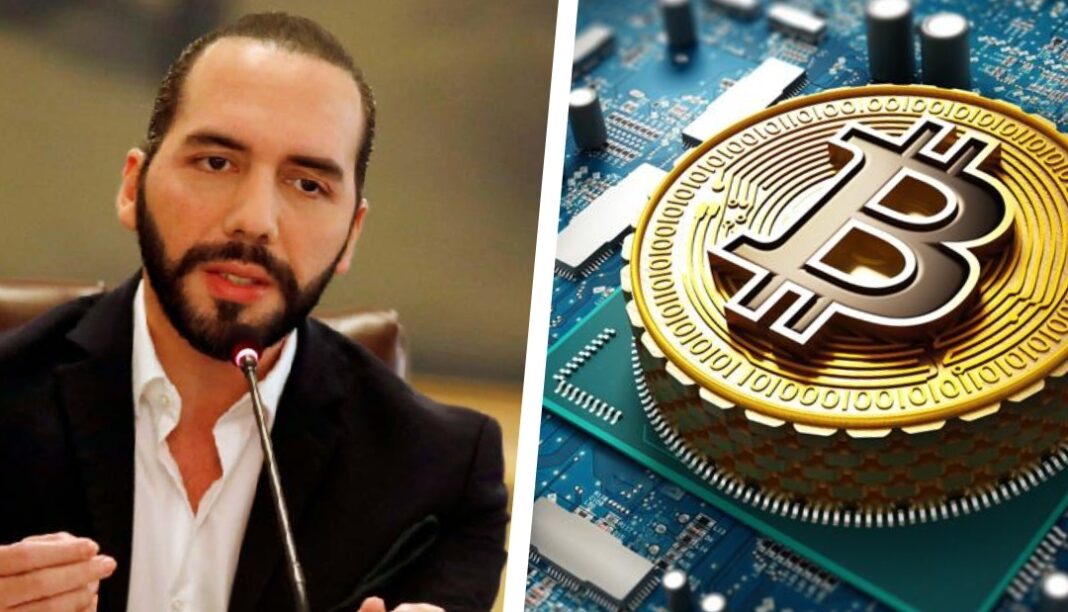El Salvador will on Tuesday make history as the first country in the world to make Bitcoin an official legal tender, the government announced in a statement on Monday.
In preparation for its adoption, the country has commenced installing Bitcoin ATMs to enable citizens to convert cryptocurrency into dollars and withdraw it in cash.
This followed lawmakers’ votes to legalise cryptocurrency in June.
Although the Central American country believes that the measure will boost its economy, many of the 6.5 million population who have little or no knowledge of how cryptocurrency works had kicked against it since it was announced, while others embraced it.
Nigel Green, the CEO of deVere Group, financial services firm, predicted that other countries would follow suit.
“Other countries, in particular other Central and South American nations, will be watching with great interest to see if the experiment works to shore up El Salvador’s shaky economy,” Mr Green said in a statement.
He, however, admitted that President Nayib Bukele’s adoption of cryptocurrency as national currency alongside U.S. dollars would come with risks.
Last week, Salvadorans took to the streets to protest against the possible risks.
The risks, according to him, are “a possibility that El Salvador could run out of dollars and that institutions, such as the IMF, might not look favourably on a nation that has adopted Bitcoin.”
Green, however, noted that he was giving the move a welcome because the country “chose to be reliant upon a major first-world currency, the U.S. dollar, to complete transactions. But this reliance on another country’s currency also comes with its own set of, often very costly, problems.”
He also stressed the Central American country’s reliance on dollars because it could not print its own money, noting that its economy cannot benefit from the U.S. Federal Reserve’s money-printing agenda.
“Therefore, El Salvador must either borrow or earn the dollars it needs,” he said. “A stronger U.S. dollar can have a crippling impact on emerging-market economies, such as that of El Salvador.”
He further pointed out that “central banks around the world have been devaluing their currencies, while Bitcoin’s supply is not only limited but also new coins are mined at a decreasing rate too.”
On the upside, he believed that El Salvadorans could “find their new adopted currency gives them more purchasing power when they buy from overseas.”


